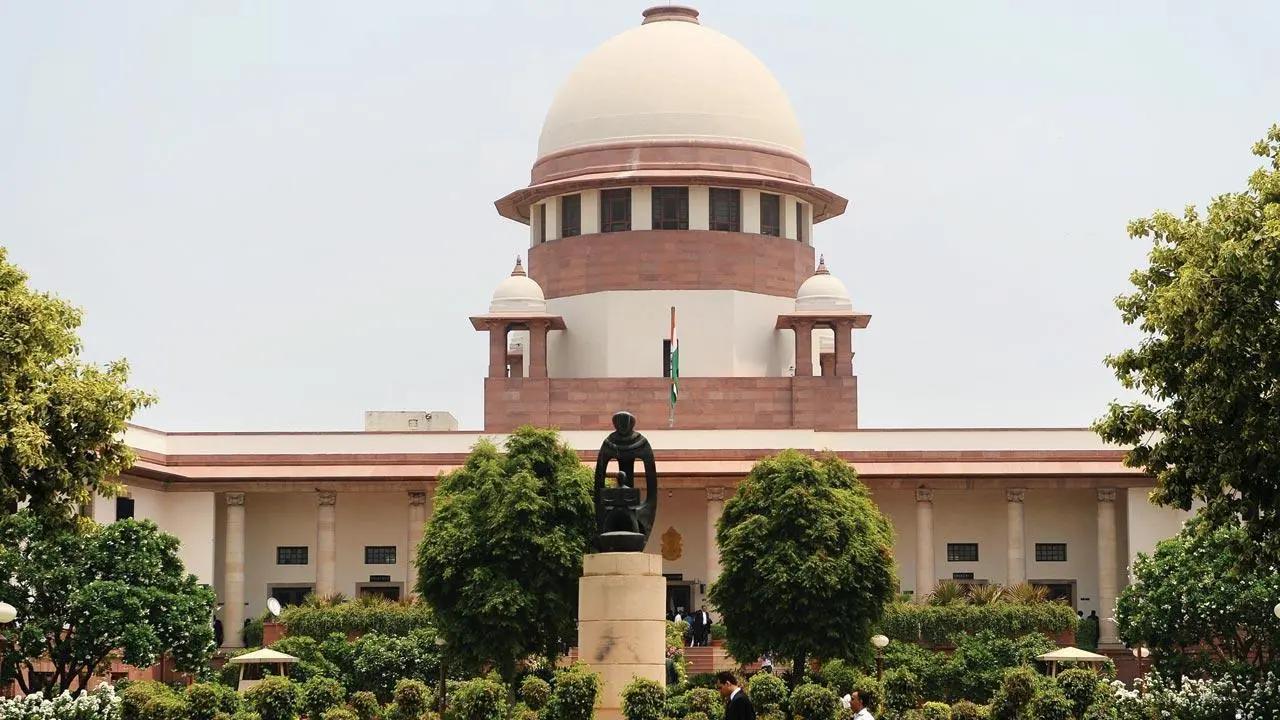The Supreme Court issued many instructions to guarantee that such practices are eliminated in jails across the country.

Supreme Court/ File pic
On Thursday, the Supreme Court struck down discriminatory clauses in numerous states' prison manuals, criticising the practice of caste-based discrimination, prisoner isolation, and unequal employment distribution in jails, reported PTI.
According to the report, a bench led by Chief Justice DY Chandrachud declared that caste cannot be used to discriminate against prisoners from marginalised communities. The court issued many instructions to guarantee that such practices are eliminated in jails across the country.
“Caste cannot be a ground to discriminate against prisoners of marginalised classes in jails as per the state manuals,” the bench said, adding that such practices could not be allowed, the report stated
“The prisoners shall not be permitted to undertake cleaning of sewers tanks in hazardous conditions,” it said per the PTI report.
Reportedly, it further ordered that convicts not be forced to perform hazardous duties such as cleaning wastewater tanks. The police have been directed to handle cases of caste-based prejudice with appropriate severity.
The court also underlined the importance of equitable job distribution among all offenders, regardless of caste, and granted states three months to alter their prison laws, the news agency report stated.
The verdict came in response to a petition brought by Sukanya Shantha of Kalyan, Maharashtra, which exposed discriminatory practices in jail manuals in Uttar Pradesh and West Bengal. These guidelines frequently assign a prisoner's chores based on their caste. For example, the West Bengal Jail Code required that only dominant castes cook, while specific castes sweep, the news agency report stated.
According to the report, the Supreme Court had taken note of the allegations that these states' jail manuals discriminate in the allotment of employment within their jails and that inmates' caste dictates where they are placed.
The argument alluded to the Kerala Prison Rules, which establish a distinction between habitual and re-convicted prisoners, claiming that individuals who are habitual robbers, housebreakers, dacoits, or thieves should be classed and isolated from other convicts.
The Supreme Court's ruling represents a huge step towards securing equality and justice for all convicts, regardless of caste or origin, the PTI report stated.
 Subscribe today by clicking the link and stay updated with the latest news!" Click here!
Subscribe today by clicking the link and stay updated with the latest news!" Click here!










